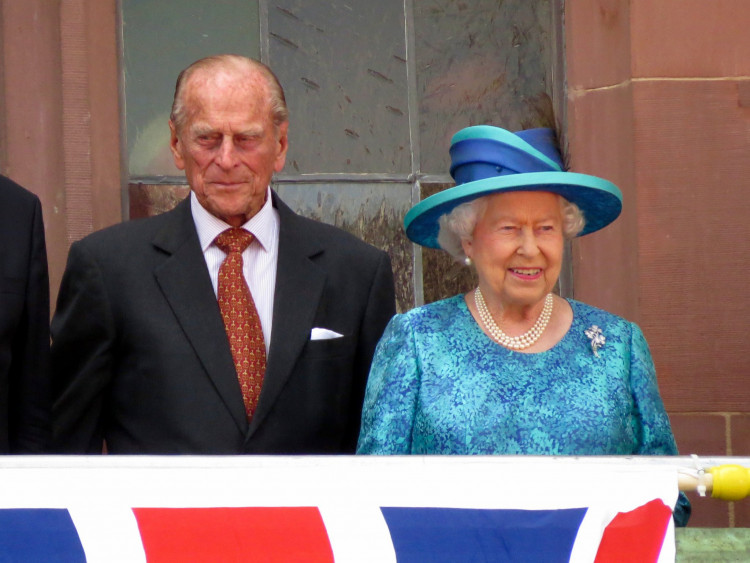As depicted in Netflix's The Crown Season 3, Prince Philip suffered from a midlife crisis during the 60s, especially during the Apollo 11's moon landing in 1969. While the series has been very convincing and factual, at times, this dynamic in the duke's life is said to be "invented" for the purpose of dramatization.
According to Express UK, the show's seventh episode titled, Moon Dust portrayed the Prince Consort as an individual who no longer knows what to do a decade after Queen Elizabeth II's coronation. Based on the portrayal, Prince Philip questioned his purpose in life.
It was also depicted that he felt regretful for giving up his adventurous life and dreams of achieving "greater things" upon becoming the Duke of Edinburgh. These sentiments seemed to further strengthen their position upon witnessing Apollo 11 in 1969.
As suggested by the series, Prince Philip became overly "obsessed" with Apollo 11, along with its three astronauts who were able to reach and land on the moon. Fans and viewers of the show also witnessed the fictional version of the duke's desire to meet the Apollo 11 crew, and how he lost his faith after seemingly feeling tired of his royal duties.
It was altogether "emotional" and captivating, as per fans. However, several royal experts contended that the whole episode is not 100 percent factual.
In a scoop made by NBC News, popular royal historian and author, Sally Bedell Smith stated that the depiction of Prince Philip in the episode is a "complete invention."
The Prince Consort has always known his role when he married Queen Elizabeth II in 1947, nearly six years before the monarch's ascension to the throne. He has always been "confident" and "secure" in his position, Smith added.
It was further explained that the real-life Prince Philip almost never had a "free time" to fixate on one thing, like the Apollo 11, due to his busy schedule. As it happened, he never lacked hobbies and activities to do, both in personal and royal aspects during these years. He had a very "impressive portfolio," she concluded.
While it is likely that the Duke of Edinburgh was drawn to the three astronauts and their successful mission, it is unlikely that it was because of his regrets and so-called midlife crisis. It is much more possible that he was captivated because of his background as a pilot, and his passion for science, exploration, and technology.






